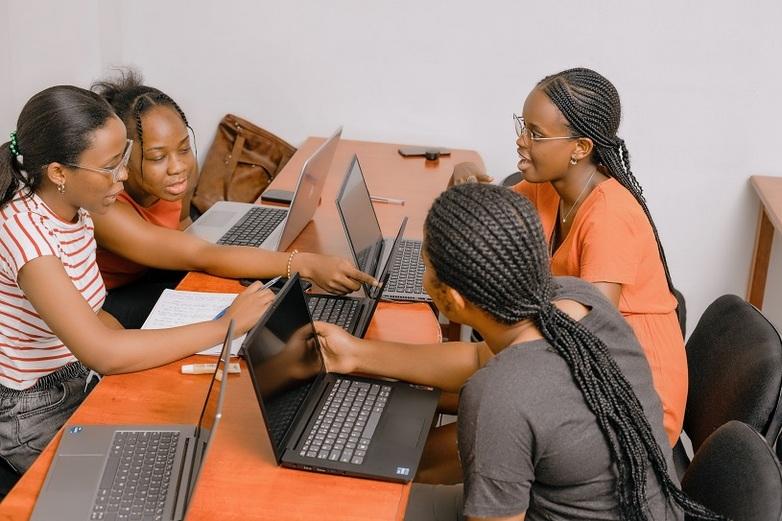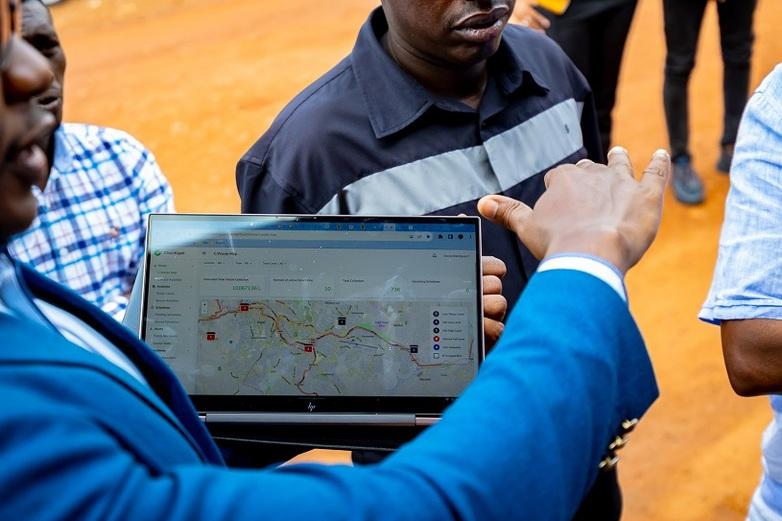Context
The Rwandan Government aims to accelerate the country’s sustainable development by digitalising the economy and society. In recent years, Rwanda has made significant investments in digital infrastructure, skills, and services.
However, a large proportion of the population still lacks direct access to these resources and services. Many also do not have the necessary skills to effectively use digital technologies—particularly marginalised groups such as women, people living in rural areas, and persons with disabilities.
To ensure digitalisation contributes meaningfully to Rwanda’s social and economic development, continued support for public institutions and broader efforts to strengthen digital skills are essential
Objective
The digital ecosystem in Rwanda is more efficient and provides sustainable and inclusive services for the population.
Approach
The project supports the Rwandan Ministry of ICT and Innovation (MINICT) in advancing the country’s digital transformation, with a strong focus on developing sustainable and inclusive digital solutions for the population.
It promotes user-centered approaches, fosters a more enabling environment for digital initiatives, and ensures that information about digital transformation is more accessible to both the private sector and the general public.
To ensure that no one is left behind, the project places a special emphasis on strengthening the digital skills of underserved groups, including women, rural communities, and persons with disabilities—offering targeted training programs to build their capacities.
Through the establishment of the Digital Transformation Center, the project has also created a collaborative space where government, civil society, and the private sector can come together to co-create solutions.


